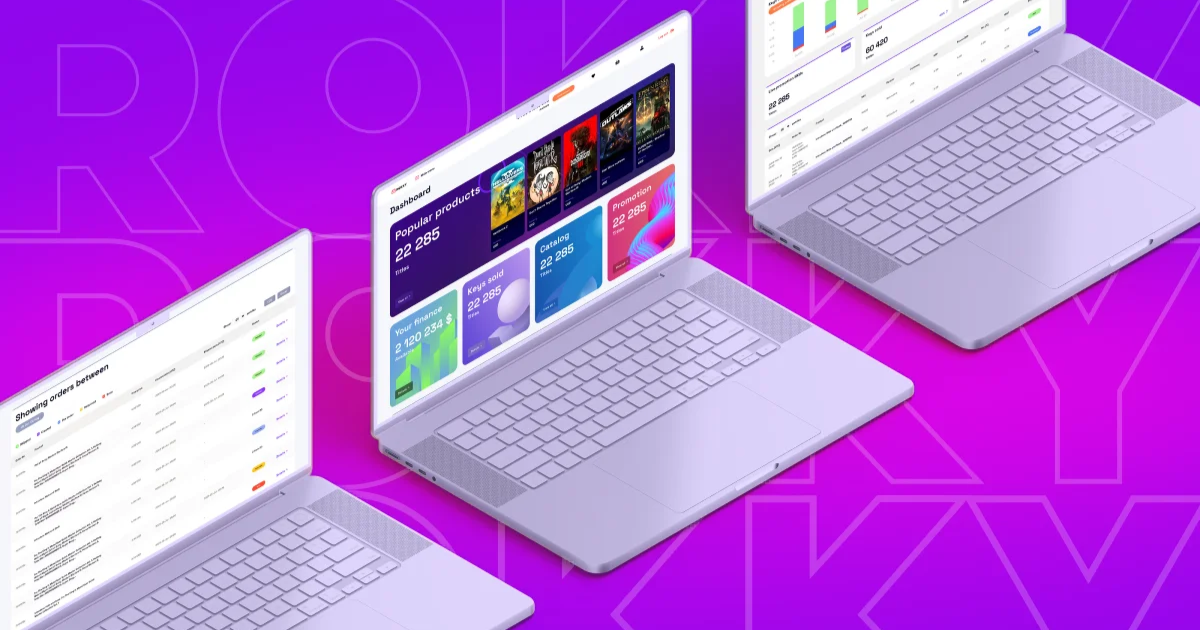Despite facing increased competition in the space, not least from the Epic Games Store, Valve’s platform is synonymous with PC gaming. The service is estimated to have made $10.8 billion in revenue during 2024, a new record for the Half-Life giant. Since it entered the PC distribution space back in 2018, the rival Epic Games Store has been making headway – and $1.09 billion last year – but Steam is still undeniably dominant within the space.
Valve earns a large part of its money from taking a 20-30% cut of sales revenue from developers and publishers. Despite other storefronts opening with lower overheads, Steam has stuck with taking this slice of sales revenue, and in doing so, it has been argued that Valve is unfairly taking a decent chunk of the profits of developers and publishers.
This might change, depending on how an ongoing class-action lawsuit initiated by Wolfire Games goes, but for the time being, Valve is making money hand over fist selling games on Steam. The platform boasts over 132 million users, so it’s perfectly reasonable that developers and publishers feel they have to use Steam – and give away a slice of their revenue – in order to reach the largest audience possible.



My view is if you don’t like a distribution platform taking 20-30% of the sale then don’t use that distribution platform. It’s a free market and a free internet. Use Epic, GOG, or host it yourself
If I don’t like what Comcast charges I don’t do a class action lawsuit.
That’s a poor example, because in many markets, Comcast (or another cable provider) is the only option, or there’s only one other option with much lower top-end speeds (e.g. DSL). So a class-action against Comcast may be a reasonable idea, since they’re an actual monopoly in many markets.
The games industry is different. Steam does have a commanding share of the market, but there’s no real lock-in there, a developer can choose to not publish there and succeed. Minecraft, famously, never released on Steam, and it has been wildly successful. Likewise for Blizzard games, like Starcraft and World of Warcraft.
Maybe a better comparison is grocery store chains? Walmart has something like 60% market share in the US, yet I have successfully been able to completely avoid shopping there.
Excuse my frank speech but that’s absolute bollocks and lacks any understanding at all of how a monopoly works.
Is there a monopoly though?
Other store fronts exist. They are usable and often sell the same games. It’s not Nestle owning half the food options in every food store, this is whole foods, vs all the other grocery stores.
You can get game pass and stream your games and never own them past your subscription lasts.
Or the Microsoft game store which isn’t great but exists. GOG gives you installers and has big games on it.
Fanatical, GMG, Humble Bundle, are all store fronts. You could even consider Nintendo and PlayStation to have their own game storefronts while needing their hardware.
Is Steam a monopoly?
If you lose access to a vast majority of the market if you don‘t use a service, it’s a monopoly. Don’t defend monopolists.
Steam does nothing to prevent running non-steam games on any platform. Charge 20-30% extra on Steam and call it done.
Steam doesn’t let you do that. This is literally what the lawsuit is about.
Sure. Not being able to sell literal Steam keys on other platforms for less on other platforms for less according to the terms is the same as being prevented from selling on other platforms for less at all, nevermind that Valve gets a 0% cut on Steam Key Sales made like so.
Also, there is no mention of said policy in either the OP article, nor the separate article about the lawsuit it links to.
It‘s not about platform compatibility or difference in fees. It‘s about the necessity to go through Steam (at competitive prices) and bow to whatever they may come up with in the future. The generic danger of a monopoly.